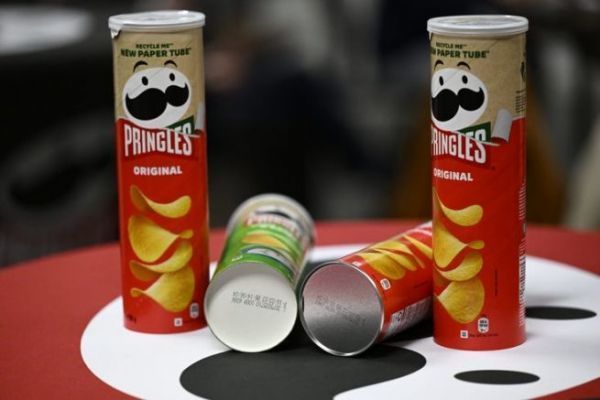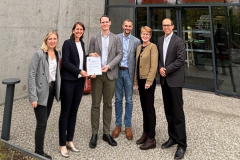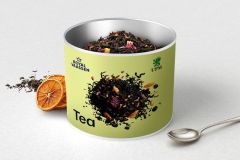This is it, the iconic Pringles box, born in the USA in 1967, has lost its status as a recycler's nightmare . Last January, Kellanova Europe (formerly Kellogg's Company), in collaboration with packaging manufacturer Sonoco, launched the new Pringles box, a paper tube that is almost entirely recyclable.
The tube's metal base has been replaced by a cardboard one. The plastic lid, which guarantees crispy chips after opening, is also recyclable. The only non-recyclable element is the small lid that seals the tube. Replacing the bottom would make the tube five grams lighter, require less water to manufacture, and reduce CO2 emissions by 40%, according to the company L'Echo .
Kellanova is committed to making all its packaging recyclable, reusable and compostable by 2030. The launch of the new Pringles tube follows several years of development at the company's research center in Mechelen, Belgium, and the testing of a steel box in Italy in 2019 and a cardboard box in the UK in 2020. For the time being, the new Pringles box is available in Belgium, selected UK stores and the Netherlands.
In line with the European "Circularity by design" guide, which advocates rethinking the product design process to make it sustainable, these packages should be accepted in recycling circuits throughout Europe.
According to Kellanova, the fully equipped and operational production lines at the Mechelen site in Belgium should produce over a billion new-generation Pringles tins a year. For Tracy Murphy, Senior Director of Savoury Snacks at Kellanova, " the recyclable Pringles box is another major step forward on the road to sustainable packaging. Following the trial of the cardboard box carried out in 2020, we already know that consumers appreciate the new look of the box, so we're very pleased to be able to offer it to them." .
Research and adaptation of production lines at the three Pringles plants (Mechelen in Belgium, Poland and the United States) represent an investment of 100 million euros, according to the company L'Echo .














